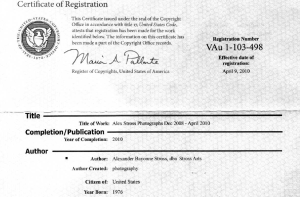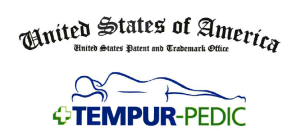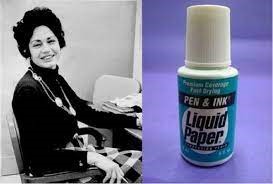In the contempo rary digital landscape, the protection of intellectual property, especially in the realm of creative works, has become a paramount concern. Copyright infringement, the unauthorized use or reproduction of copyrighted material, continues to pose significant challenges for creators and rights holders. A recent case involving Plaintiff Watson Music Group, LLC. d/b/a Quadrasound Music and Defendant Borshoff, Inc. sheds light on the complexities and legalities surrounding copyright infringement in the digital sphere.
rary digital landscape, the protection of intellectual property, especially in the realm of creative works, has become a paramount concern. Copyright infringement, the unauthorized use or reproduction of copyrighted material, continues to pose significant challenges for creators and rights holders. A recent case involving Plaintiff Watson Music Group, LLC. d/b/a Quadrasound Music and Defendant Borshoff, Inc. sheds light on the complexities and legalities surrounding copyright infringement in the digital sphere.
Plaintiff Watson Music Group, a Florida-based limited liability company, alleges that Defendant Borshoff, Inc., an Indiana corporation, infringed upon its copyrighted musical work titled “Space Jam.” The alleged infringement occurred on Defendant’s social media account ‘@borshofftalks’ hosted on Facebook.
The complaint describes an unauthorized posting of a discernable excerpt of the Plaintiff’s copyrighted musical work on the Defendant’s Facebook account. The Plaintiff asserts that the Defendant, without obtaining proper permission or authorization, reproduced, stored, and made available the copyrighted material for public performance via a digital audio transmission, thereby violating the Plaintiff’s exclusive rights as a copyright holder.











